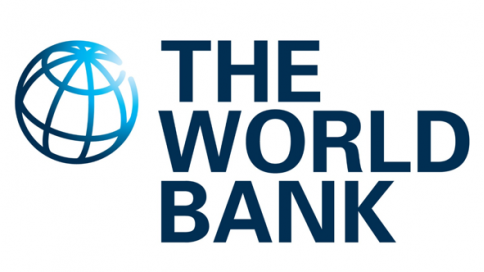A World Bank report reveals that 4 in every ten Africans live in poverty. Say, a whopping 416 million people lived under $ 1.90 a day, as of 2015.
The report posits that by 2030, 90% of the world’s poor will live on the continent. Well, unless Africa finds its saving grace in raising labor productivity and empowering women.
“As countries in other regions continue to make progress in poverty reduction, forecasts suggest that poverty will soon become a predominantly African phenomenon.” reads the report.
The increasing poverty stems from the collapse of commodity prices, which took the stage in 2014. As a result, several African countries reported negative GDP growth on a per capita basis.
SEE ALSO: World Bank to give grants to 824 farming self-help groups
Moreover, a World Bank press release states that slow domestic reforms and uncertainty in the global economy are partly to blame. Altogether, World Bank anticipates Sub Saharan Africa’s economy will grow at 2.6% in 2019, 0.2% slower than its April prediction.
Nevertheless, creating an inclusive economy might be the best way forward, reveals the report.
Women Empowerment, Labor Productivity Key to Better Economies
Part of the poverty reduction program includes improving labor productivity and empowering women. The report notes that Africa should focus on raising the productivity of its individuals.
Such a move will increase citizens’ earning capacity from both wages and self-employment. As a result, it will foster the redistribution of resources and transfers, which will alleviate poverty.
Second, more inclusive economies would take African nations a long way towards reducing poverty. Plus, removing barriers to economic participation for women will boost economic growth.
“At the same time, evidence links poor governance to poor growth performance, so efficient and transparent institutions should be on the priority list for African policymakers and citizens,” said WB Chief Economist For Africa Albert Zeufack.
Sub Saharan Africa shows excellent potential for women. For instance, women in the region are more likely to be entrepreneurs than men. Plus, Women in Africa contribute to a larger share of agricultural labor.
However, significant and persistent earning gaps stifle this success. As a result, women produce 33% less per hectare and earn 34% less profit in business.
Some of the steps African countries can take include building women’s skills beyond traditional training and helping women secure land rights.
Additionally, the continent should address social norms that limit women’s opportunities and create innovative solutions to improve women’s access to finance. The two would catapult women’s economic empowerment and African Economic growth.




